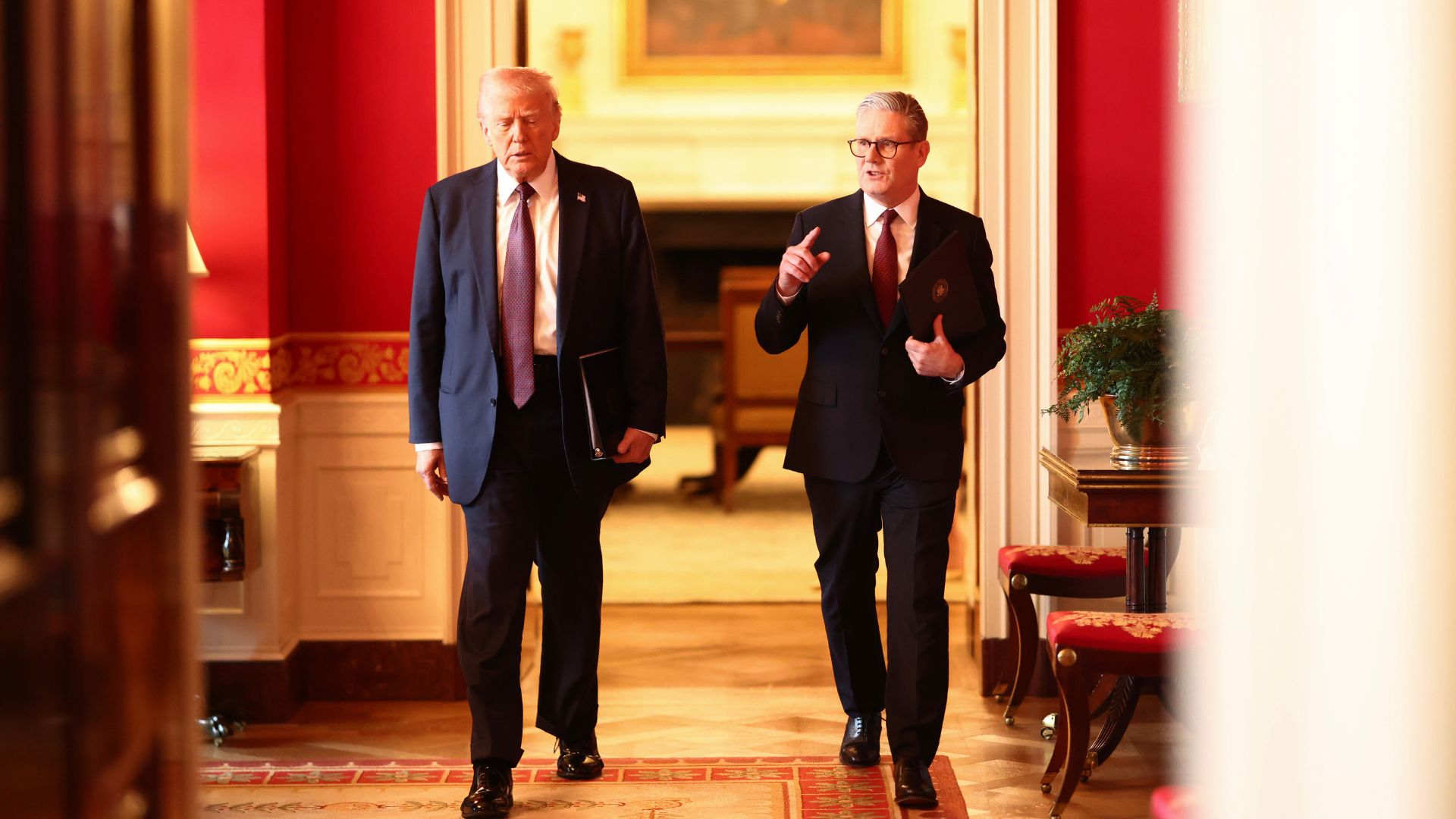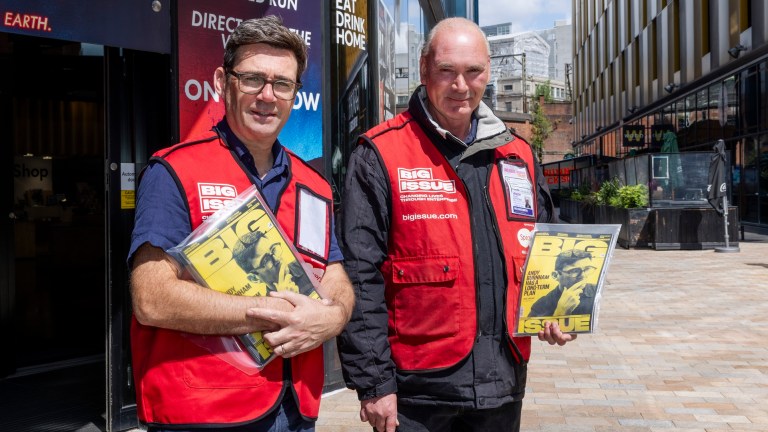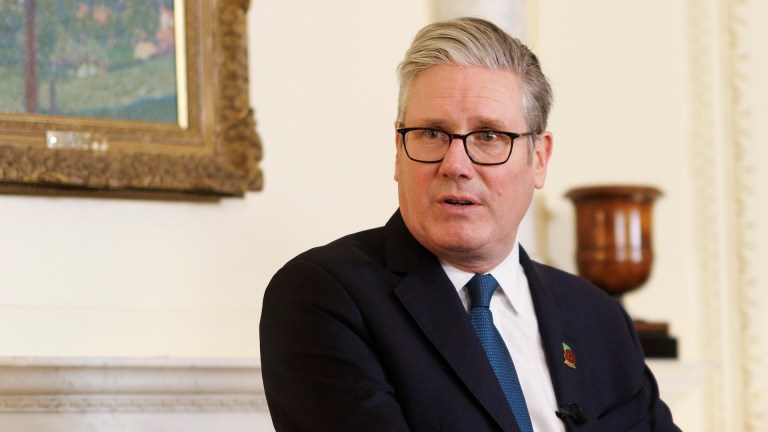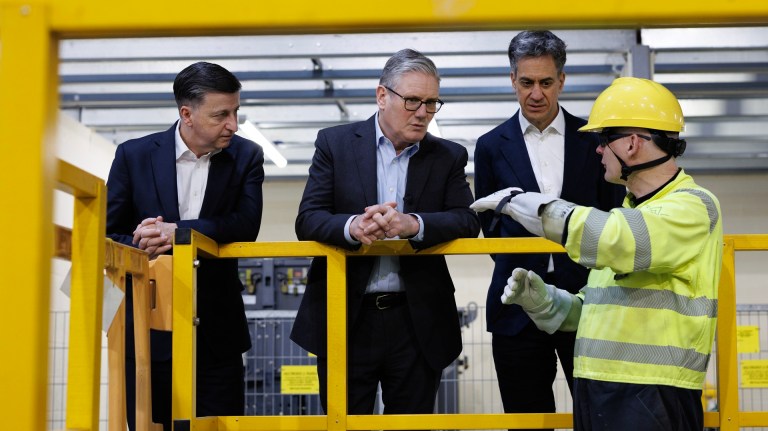Donald Trump’s tariffs may pile “intense” fiscal pressure on the UK government – but more cuts to public services are not the answer, economists say.
The US president on Wednesday (2 April) slapped a 10% tax on UK exports to the United States, part of a bevy of ‘liberation day’ tariffs that have sent world leaders scrambling.
This is the lowest rate doled out by the president – but with UK businesses exporting over £60bn in goods to the US every year, it could still decimate our growth prospects.
For chancellor Rachel Reeves, the fee is “not good news by any means”, said Marley Morris, associate director for trade at IPPR think tank. The EU and many other countries have already announced reciprocal tariffs, increasing the likelihood of a trade war.
- It’s time for our political leaders to grow a backbone and stop Trump’s state visit – here’s why
- Labour’s rushed cuts to benefits will see severely disabled people plunged into deep poverty
- UK will be at war by next election, says ex-Army Lib Dem MP – and will need conscription
“I think it’s almost inevitable now that there is going to be significant retaliation, in effect, a global trade war that will have broader economic impact,” he told Big Issue. “That will have an impact on UK growth, It will impact borrowing costs. This will put fiscal pressure on the UK at a time when finances are already very tight for the government.”
The government was already staring down a bleak economic forecast, with stalling growth threatening to evaporate fiscal headroom. With such dire projections, the chancellor opted to axe £4.8bn from disability welfare and reduce government spending – decisions she described as unavoidable.




